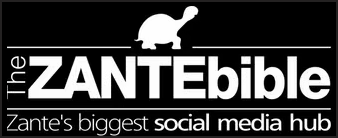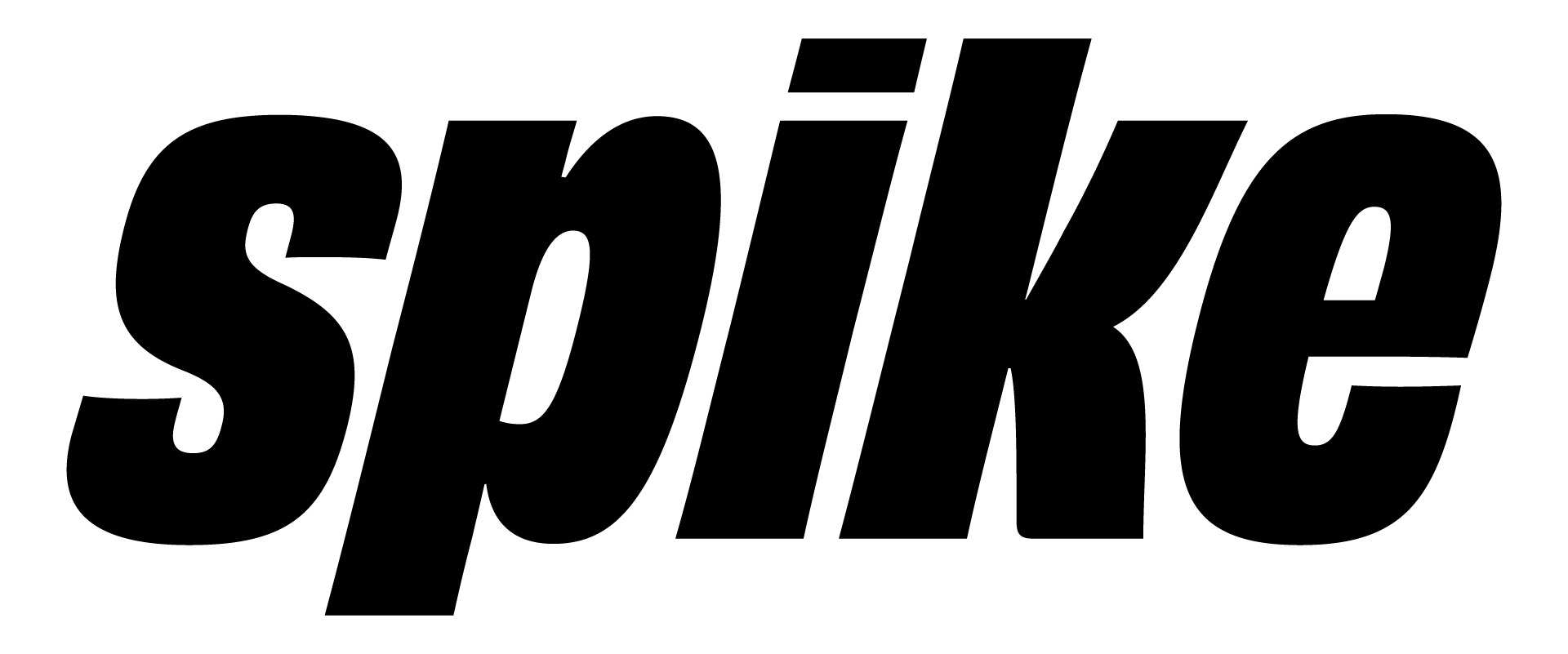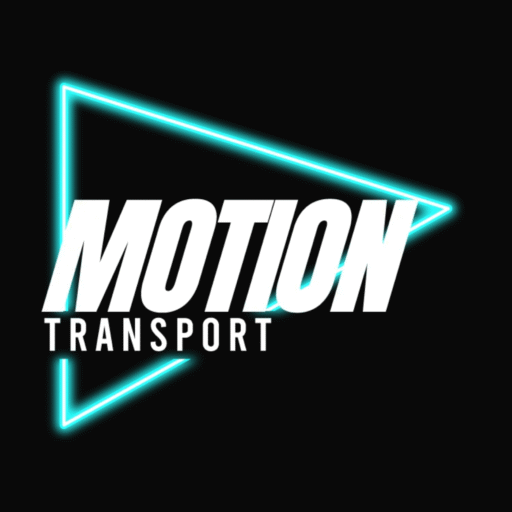The music industry’s long-running battle with free music service Grooveshark has struck a blow to the heart of the company, after a judge ruled that its employees had infringed copyright.
The ad-funded Grooveshark service lets subscribers upload music and stream tracks for free, but has been targeted by the music industry for years which says that the service impinges on copyright only licensing some of the music available on the site.
Grooveshark relies on the “safe harbour” provisions of the Digital Millennium Copyright Act (DMCA) to insulate the company from the potentially copyright infringing actions of its 30 million users with 15m files uploaded, responding to take-down requests much in the same way as Google’s YouTube or other user-generated content services.
‘It directly infringed upon plaintiffs’ exclusive performance rights’
Judge Thomas Griesa of the US district court in Manhattan ruled on Monday in the 2011 case that despite provisions of the DMCA, Grooveshark and its parent company Escape Media Group were liable for copyright infringement by its employees who were directed to upload a total of 5,977 tracks without permission, including songs by Eminem, Green Day, Jay-Z and Madonna.
“Each time Escape streamed one of plaintiffs’ songs recordings, it directly infringed upon plaintiffs’ exclusive performance rights,” the Griesa wrote in a 57-page decision.
Chief executive Samuel Tarantino and chief technology officer Joshua Greenberg were both implicated. The company is liable to nine record companies including Arista Music, Arista Records, Atlantic Recording, Elektra Entertainment Group, LaFace Records, Sony Music Entertainment, UMG Recording, Warner Brothers Records and Zomba Recording.
‘Manifest intent to foster copyright infringement’
Griesa pointed to an internal memo sent in 2007 where Greenberg asked employees to “please share as much music as possible from outside the office” to help the service get off the ground.
“By overtly instructing its employees to upload as many files as possible to Grooveshark as a condition of their employment, Escape engaged in purposeful conduct with a manifest intent to foster copyright infringement via the Grooveshark service,” Griesa wrote.
Griesa gave the parties 21 days to reach agreement to stop further infringement.
“Escape respectfully disagrees with the court’s decision, and is currently assessing its next steps, including the possibility of an appeal,” John Rosenberg, a partner at Rosenberg & Giger representing the defendantstold Reuters.
The ruling opens the door to a multimillion-pound damages suit from the record labels, who are keen to see the service shut down, calling it a “linear descendant” of file sharing services Grokster, LimeWire and Napster all of whom have been shutdown over copyright infringement.
Grooveshark is also facing two other copyright suits from the music industry, including a 2010 case concerning music recorded before 1972, which are covered under New York state law where the DMCA safe-harbour provisions do no apply.
Source: Guardian








